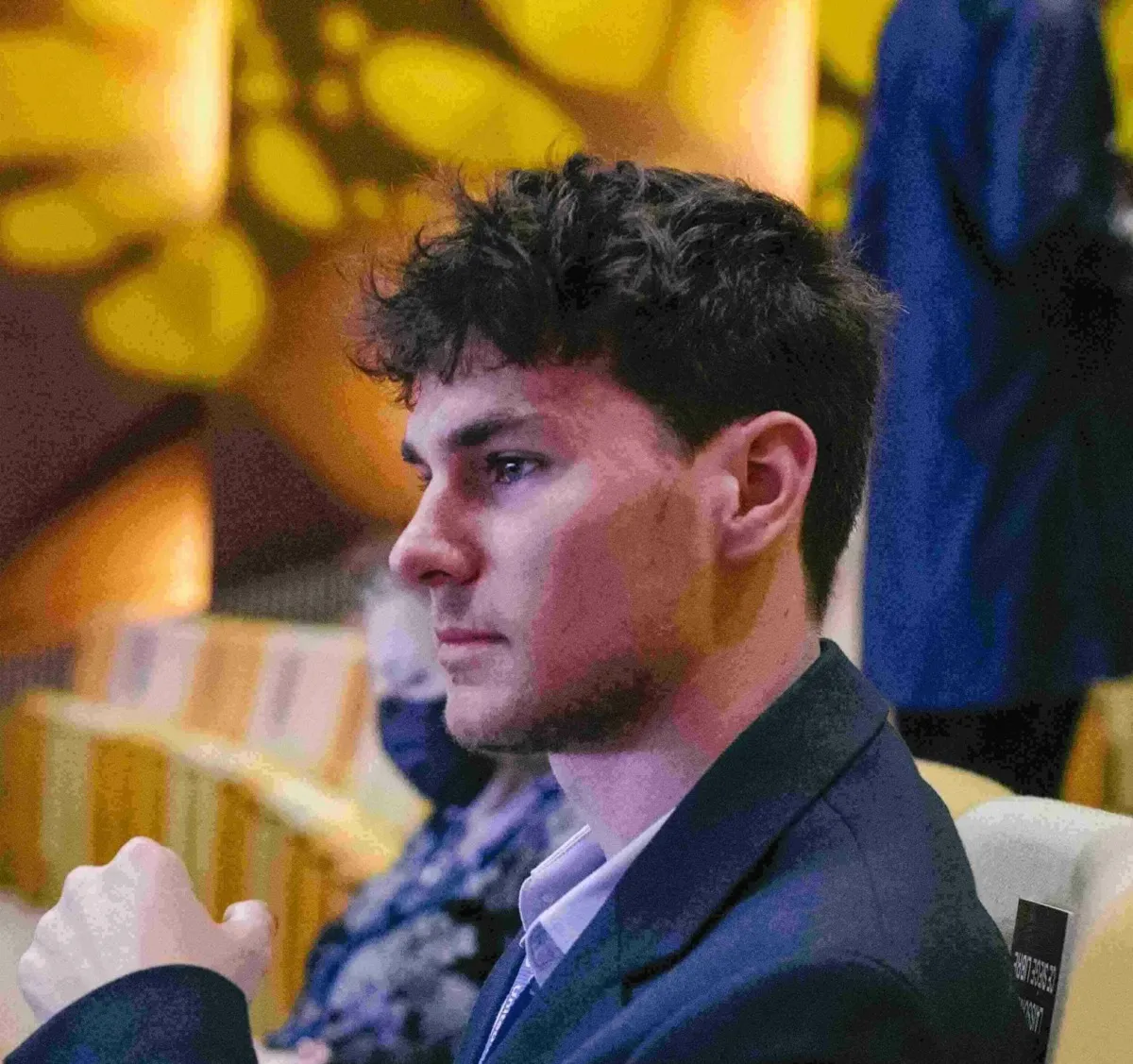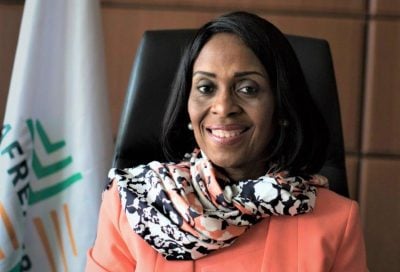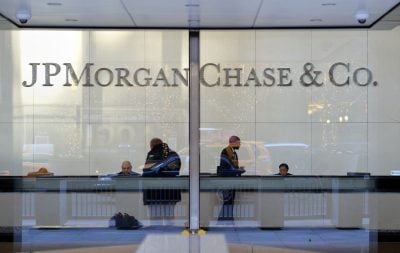A running dispute between Nigeria’s banks and telcos stepped up last week when the Nigerian Communications Commission (NCC) gave the telcos permission to disconnect banks that have not paid their debts for USSD services, in a move that could exclude millions of customers.
Over the last decade, USSD (Unsupported Supplementary Service Data – a technology dating back to the 1980s), has been increasingly used by customers without smartphones to access digital banking services. Dialling a code enables holders of feature phones to carry out functions such as transfers, checking account balances and generating bank statements.
The dispute between the telcos and the banks began in 2019 when the former threatened to shut down the latter’s access to USSD platforms. They argued that banks should foot the bill for USSD sessions. At the time the telcos estimated the debt at $70m.
“After prolonged negotiations, they finally reached an agreement that the banks would pay, and the regulators intervened to establish a rate,” says Olayinka David-West, a professor of information systems at Lagos Business School. The price for USSD was pegged at N6.98 (approximately $0.015) per transaction by the Central Bank of Nigeria (CBN), to be remitted to telcos directly from customers’ bank accounts.
The continuing dispute revolves around the technical definition of a transaction. The banks argue that fees are only charged after a banking transaction has been carried out, but many customers end their session before one has taken place. The telcos argue that banks should charge customers as soon the relevant code has been successfully dialled.
“The banks are still refusing to pay, leaving the telcos burdened with a significant amount of accounts receivable related to USSD session fees,” says David-West.
The outstanding USSD debt has now risen to $260m.
Progress on financial inclusion threatened
There are concerns that if access to USSD is shut down or the cost passed on to customers, progress achieved in financial inclusion through mobile money technology will be reversed.
The predominantly poorer customers without smartphones, who depend on USSD for access to digital services, will be either be deprived of services or deterred by the fee. Techpoint Africa estimates that 17.3m people will be excluded from digital banking services if USSD is cut off.
Nigerian banks such as Fidelity Bank and GTBank began offering mobile banking services through USSD codes following the successes of M-Pesa in Kenya in the 2000s. The technology has enabled a great number of low-income households to be financially included and has helped the CBN to implement its National Financial Inclusion Strategy.
As of 2021, 51% of Nigerian adults were using formal financial services, including banks, microfinance banks, mobile money, insurance, or pension accounts, up from 40% in 2018.
Many Nigerians resort to using airtime sharing for financial transactions due to exorbitant data costs and limited smartphone penetration. Last year, USSD transfers accounted for more than $9.75bn, according to recent data published by the CBN.
“Now the telcos are threatening to disconnect these services, which would result in a substantial portion of transactions being affected and everyone suffering losses,” says David-West.
Want to continue reading? Subscribe today.
You've read all your free articles for this month! Subscribe now to enjoy full access to our content.
Digital Monthly
£8.00 / month
Receive full unlimited access to our articles, opinions, podcasts and more.
Digital Yearly
£70.00 / year
Our best value offer - save £26 and gain access to all of our digital content for an entire year!

 Sign in with Google
Sign in with Google 



